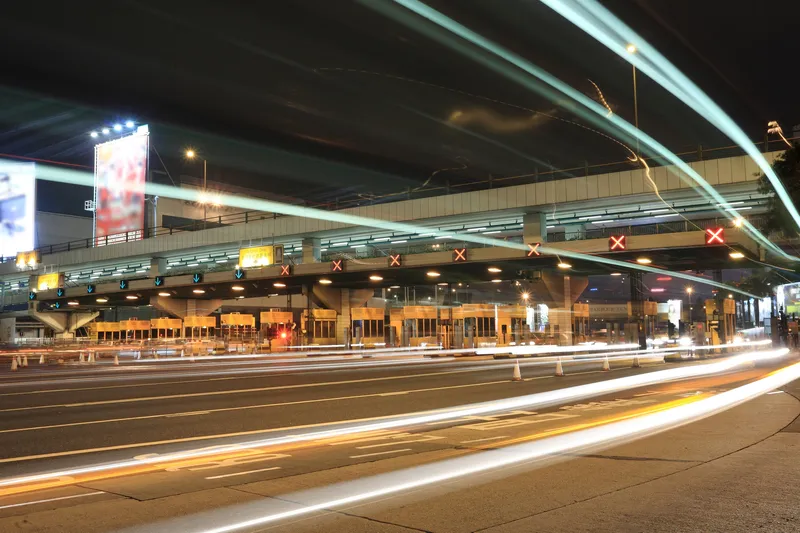UK communications watchdog Ofcom is proposing a consultation to open up the 5.8 GHz spectrum, which is used for tolling, to other uses including wi-fi.
This is similar to 5.9 GHz in the US and the move is being opposed by various groups including ITS (UK), which has written on behalf of toll operators to Ofcom, saying that the changes proposed can reasonably be expected to have serious impacts on existing road charging and tolling schemes across the UK that use dedicated short range communications (DRSC), usually referred to as ‘tag and beacon’ equipment.
The proposed changes will affect many road charging sites in the UK, including the Humber Bridge, Tyne Tunnels, Mersey Tunnels, M6Toll, Mersey Gateway, Tamar Bridge, Severn Crossing and Dartford Crossing.
ITS (UK) said, “These sites use DSRC in the 5.8Ghz band for communication between tags and beacons in order to charge drivers accurately and in order to lift barriers where these are in use. For Dartford and Severn Crossings alone there are approximately 400,000 active tags in circulation.”
The response explained that the band is used for road tolling throughout Europe and that the consequences of such a change would risk jamming the tag to beacon, leading to payment disputes and problems at physical barriers.
It concluded with the suggestion that Ofcom, “Work with the UK’s toll and road charge operators in a collaborative and open way in order to carry out meaningful trials of these proposals and work on technical solutions which mitigate the risk of financial loss to operators and serious inconvenience to drivers. We, through our Road User Charging Interest Group, would be very pleased to support such a collaboration.”
ITS United Kingdom responds to Ofcom 5.8 GHz consultation
UK communications watchdog Ofcom is proposing a consultation to open up the 5.8 GHz spectrum, which is used for tolling, to other uses including wi-fi.
June 16, 2017
Read time: 2 mins










